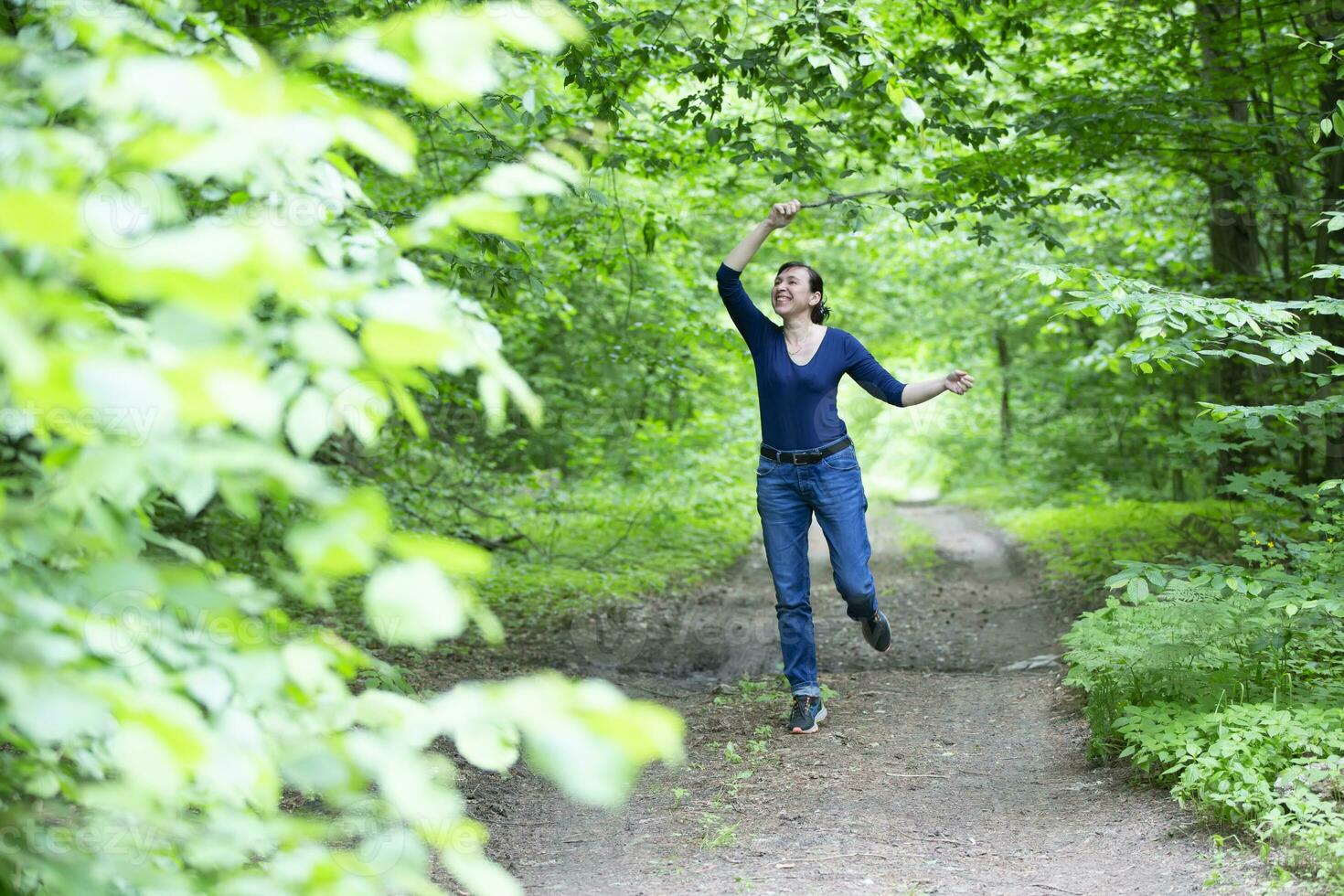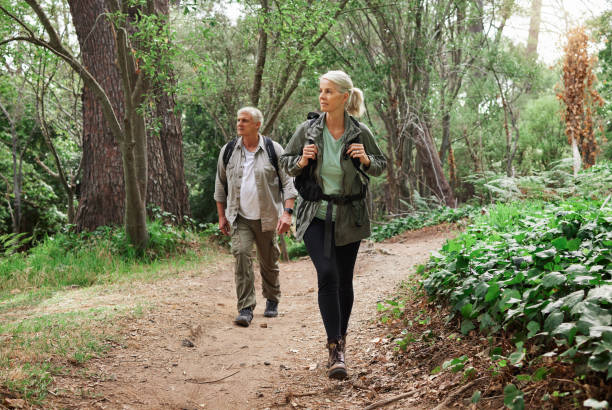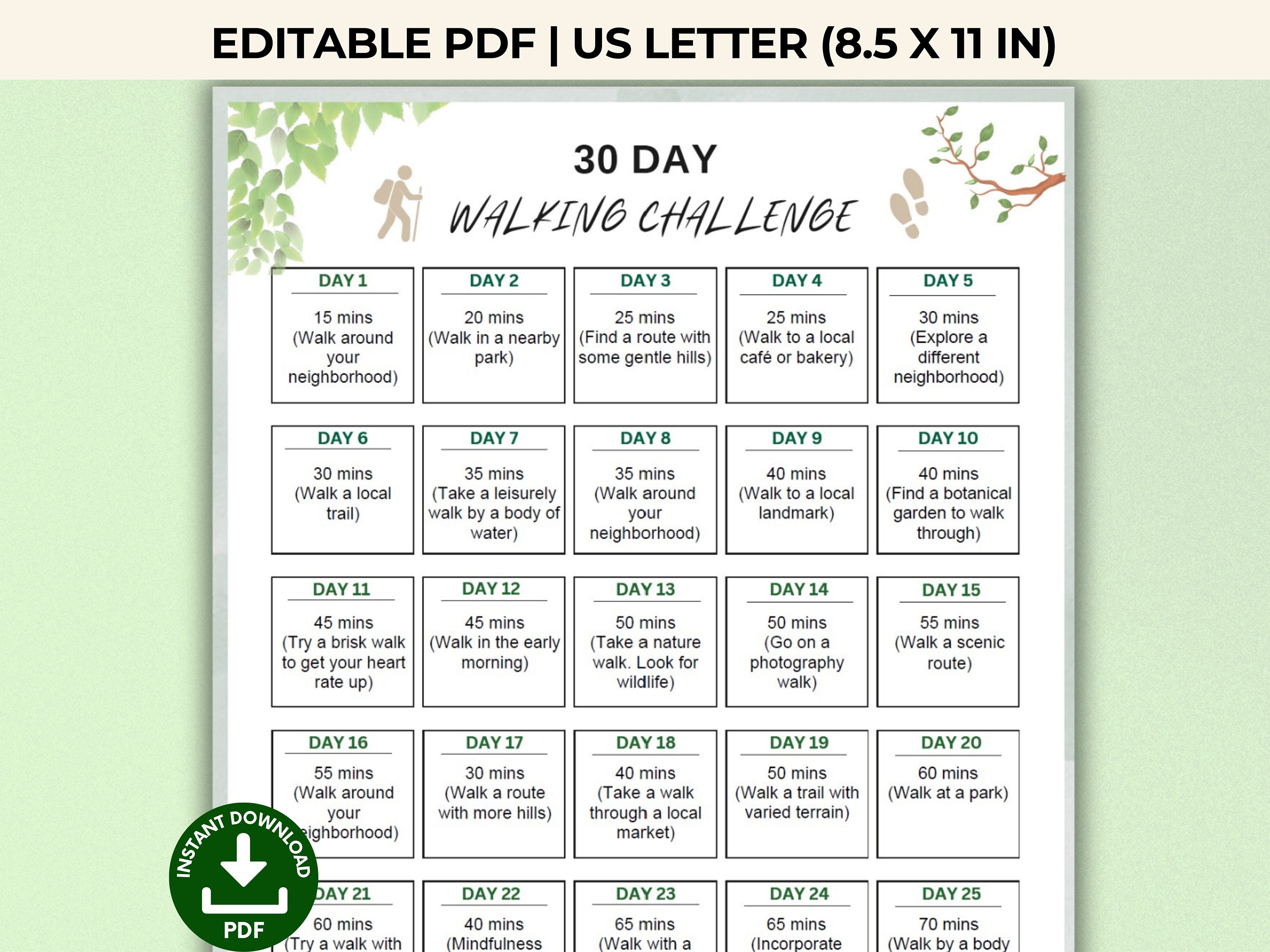Benefits of exposure to nature for mental health

Benefits of Exposure to Nature for Mental Health
As we navigate the complexities of middle age, maintaining good mental health becomes increasingly important. One of the most accessible and effective tools for improving mental wellbeing is exposure to nature. Whether you live in a bustling city or a rural area, incorporating nature into your daily routine can have profound benefits for your mental health. In this article, we will explore the advantages of spending time in nature and provide practical tips on how to integrate it into your lifestyle.

Introduction to Nature’s Benefits
Nature has long been recognized for its therapeutic effects on both physical and mental health. Studies have consistently shown that exposure to natural environments can reduce stress, improve mood, and enhance cognitive function .1 .2. For middle-aged individuals, these benefits are particularly valuable as they face various life challenges, such as career pressures, family responsibilities, and health concerns.

Mental Health Benefits of Nature

1. Stress Reduction and Anxiety Relief
Stress is a common issue for many middle-aged individuals, often stemming from work, family, or financial pressures. Nature exposure has been shown to reduce stress levels by activating the parasympathetic nervous system, which helps calm the body and mind .9. A study by Harvard researchers highlighted that spending time in green spaces can decrease anxiety and rumination, leading to improved mental restoration .2.

2. Improved Mood and Happiness
Nature has a profound impact on mood. Being outdoors can increase feelings of happiness and reduce symptoms of depression. This is partly due to the release of endorphins, often referred to as “feel-good” hormones, which are stimulated by exposure to sunlight and natural environments .1 .12. Even short periods spent in nature, such as a 20-minute walk in a park, can significantly improve mood and overall wellbeing .6.

3. Enhanced Cognitive Function
Middle age can bring cognitive challenges, such as decreased memory and attention span. Nature exposure has been found to improve cognitive function by enhancing attention, memory, and creativity .1 .9. The “attention restoration theory” suggests that natural environments are less cognitively demanding than urban settings, allowing the mind to rest and recover .3.

4. Better Sleep
Good sleep is essential for mental health, and nature can help improve sleep quality. Exposure to natural light during the day helps regulate the body’s circadian rhythms, leading to better sleep patterns at night .2 .9.

5. Increased Social Connections
Nature can also facilitate social interactions, which are crucial for mental health. Participating in outdoor activities with friends or family can strengthen relationships and provide a sense of community .12.

Practical Ways to Incorporate Nature into Your Life

1. Find Nature Where You Are
You don’t need to live in a rural area to benefit from nature. Even small pockets of green in urban environments, such as parks or gardens, can provide mental health benefits .10. Take a walk during your lunch break or spend a few minutes in a nearby park to connect with nature.

2. Engage Your Senses
To fully benefit from nature, engage as many of your senses as possible. Listen to bird songs, smell the flowers, feel the sun on your skin, and observe the beauty around you .10. This sensory engagement can enhance the therapeutic effects of nature.

3. Make It a Habit
Incorporate nature into your daily routine. Whether it’s a morning walk, a weekend hike, or simply spending time in your backyard, consistency is key to experiencing the mental health benefits of nature .11.

4. Try Nature-Based Activities
Engage in activities that bring you closer to nature, such as gardening, bird watching, or photography. These activities not only provide mental health benefits but also offer a sense of accomplishment and enjoyment .7.

5. Combine Nature with Mindfulness Practices
Practices like meditation or yoga can be even more effective when done outdoors. The natural setting can enhance mindfulness, leading to greater relaxation and mental clarity .6.

The Role of Biodiversity in Mental Health
Recent studies have highlighted the importance of biodiversity in enhancing the mental health benefits of nature. Environments with a diverse range of natural features, such as trees, birds, and waterways, are associated with greater improvements in mental wellbeing .8. This suggests that preserving and promoting biodiversity in urban spaces can have significant benefits for public mental health.
Conclusion
Exposure to nature is a powerful tool for improving mental health, offering benefits that range from stress reduction and mood enhancement to improved cognitive function and social connections. By incorporating nature into your daily life, you can take proactive steps towards maintaining good mental health and enhancing your overall wellbeing. Whether you live in a city or a rural area, nature is accessible and ready to provide its therapeutic benefits.

Additional Tips for Middle-Aged Individuals
-
Start Small: Begin with short walks or visits to local parks and gradually increase the duration and frequency of your nature exposure.
-
Involve Family and Friends: Engage in outdoor activities with others to combine social interaction with nature exposure.
-
Explore Local Nature Spots: Discover hidden gems in your area, such as trails, gardens, or lakes, to keep your outdoor experiences varied and interesting.
-
Use Technology Wisely: While technology can help you find nature spots or track your outdoor activities, remember to disconnect and fully immerse yourself in nature.
By embracing nature as a part of your lifestyle, you can cultivate a healthier, happier you. So, take a step outside today and let nature work its magic on your mental health.









